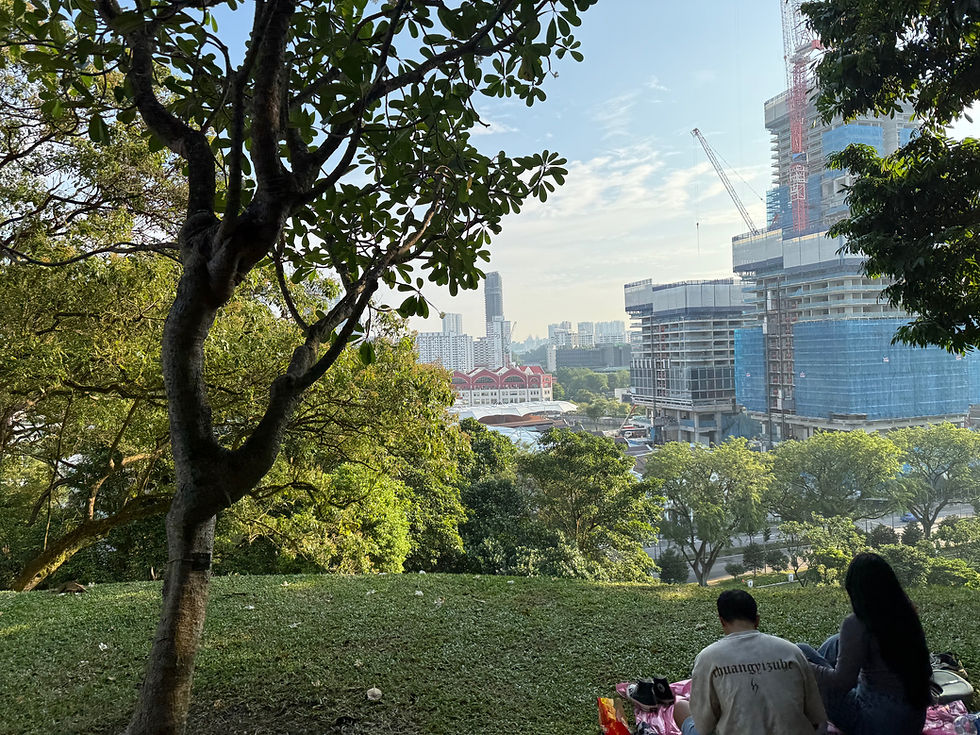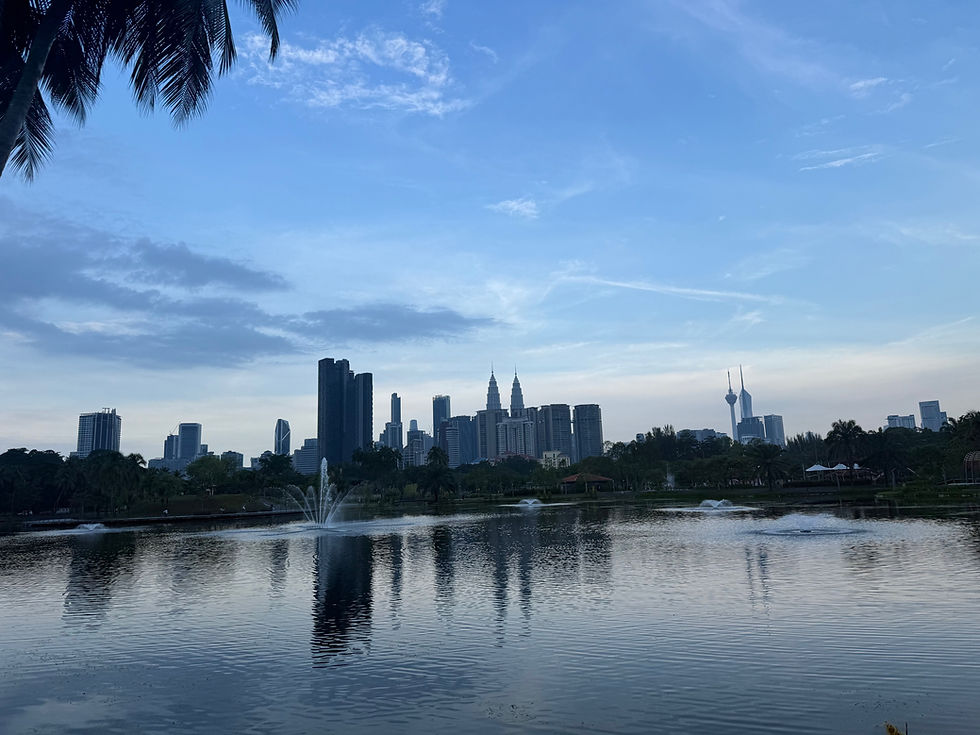On Malaysia: A One-Off or Precursor to a Broader Trend in Southeast Asia?
- Nikola Ranick
- May 23, 2018
- 4 min read
Updated: Jul 8, 2020

Ask anyone familiar with Southeast Asia on the region’s political tendencies, and the most on-target answer you will get is ‘quasi-democratic.’ Sure, there have been elections and changes of power, but there have also been numerous dictators, questionable electoral results, and numerous coups which, despite whatever justifications, have long outstayed their welcome. Indonesia had the brutal regime of Suharto, and despite its liberal and trendsetting president Jokowi, has recently experienced ethnic tension and its stemming illiberalism. Cambodia, one of the few remaining Communist countries, claims legitimacy through elections but its opposition was literally declared illegal a few months ago. The Philippines has had inspiring and progressive leaders as well as more authoritarian characters (current President Rodrigo Duterte embodies the latter, going so far as to glorify Ferdinand Marcos). Thailand has had nineteen-19!!!-coups despite numerous fair-ish elections. And even Myanmar’s recent ‘transition’ to democracy has been hampered by lingering army authority and the illiberal tendencies of Aung San Suu Kyi herself. Indeed, when thinking about the prospects of liberalism (global, not US), the region seems to be in retrenchment as opposed to expansion. Yet Malaysia’s shock election result jolted that concept in its accuracy. Not only did UMNO, the leading coalition who governed since independence, lose the election, but there was a peaceful transfer of power within days. What is most notable was the true electoral victory the opposition achieved: The degree of unfairness in these districts was far worse than contemporary US pundits bemoan of. Not only were the lines drawn in perverse shapes and angles, but severe malapportionment was the norm. Most commentators expected then-PM Najib Rezak to easily win the election since it was already rigged in his favor and he had eked out victories even in past elections where the party substantially underperformed. Yet this rigged map collapsed to the sheer force of democratic retribution, with much credit due to the electoral commission in upholding its integrity, despite its partisan affiliations. The new de facto leader, Mahathir bin Mohamad, immediately pardoned opposition figure Anwar Ibrahim, who appears to be setting up his own run for prime minister. This staggering victory for the opposition is incredible for any quasi-democracy, especially right now in Southeast Asia. Sure, Mohamad is originally of the UMNO, but his coalitions’ victory speaks much more broadly to shifting values in the Malaysian electorate. Will Southeast Asia follow suit?
Longtime Southeast Asian Journalist Michael Vatikiotis wrote in Asian Review of how this electoral result has scared the likes of Cambodian PM Hun Sen of a feared ‘Colour Revolution,’ and has given the Thailand military junta angst in pushing for their own constitutionally enforced elections. In addition, despite recent religious polarization, economic indicators and political narratives suggest Indonesia’s president looks poised for reelection. Even in the Philippines, tough-on-crime Duterte is still seeing pushback and uncertainty over ICC investigations that could weaken his standing, especially with the all-important military (This view is a bit more controversial though, and I strongly encourage a read of opposition figure Antonio Trillanes’ interesting interview with the Asia Times; link available in my Recent Reads section.) Even the miniscule country of Timor Leste, attached to Indonesia, saw a peaceful transition of government, ultimately breaking political gridlock. The narrative is anything but black and white, but the idea that Southeast Asia is at a penultimate moment is not. As we have largely seen, democracy is certainty out of style for the developing world, with many illiberal regimes not only increasing entrenched but even supported by their citizens in growing numbers (Turkey, Hungary, Burundi, etc.) However, history has also shown that the move towards democracy is quick, and often when least expected-think the rather ‘random’ ending of the Cold War and recent demise of despot Jammeh in Gambia. But Southeast Asia has already had its big push for democracy in the past. And recent setbacks should not confuse its history of being anything but much more open and democratic than half a century ago. Still, recent trends are reason for even further positive speculation.
Yet on anyone’s mind must be the question of why this shift is occurring. Domestically, we could argue it is again a boomlet of the Asian Model, or the idea that as Asian countries develop, they will get more democratic (See South Korea, Japan, and Taiwan). This idea makes sense-especially when it comes to ethnic conflict, everything seems less tense when there is a strong middle class and citizens can work their way to a better life. Indeed, UMNO’s downfall was in response to many of these things, with much of the country supporting the opposition as punishment for the incumbent’s infamous 1MDB financial scandal and rising concerns over health/wellness. Even in an ethnically divided country like this one, it appears Malaysians came together in the pursuit of better living standards. The international effect may also play quite a role: The pressure coming from an expansionist China on these smaller states is worrying in its implications. China’s actions in the South China Sea alone are questionable enough to rattle any of these neighboring states’ foreign ministries. This type of pressure has already created odd partnerships, such as the shockingly close relationship between the former warring powers of US and Vietnam. Even illiberal Philippine’s finds itself more and more turned off by China despite its recent pivot towards them. Despite the highly polarized nature of its politics, the US is a paragon for freedom and democracy worldwide. It shouldn’t be surprising that these countries find itself more and more embodying their preferred power as they look to balance a politically-hungry China. No matter what, Southeast Asia brags of a growing population and an area of regional significance both for its proximity to China and for its economic potential. Trends there will be important in penning the narrative of developing countries in the future.




Comments